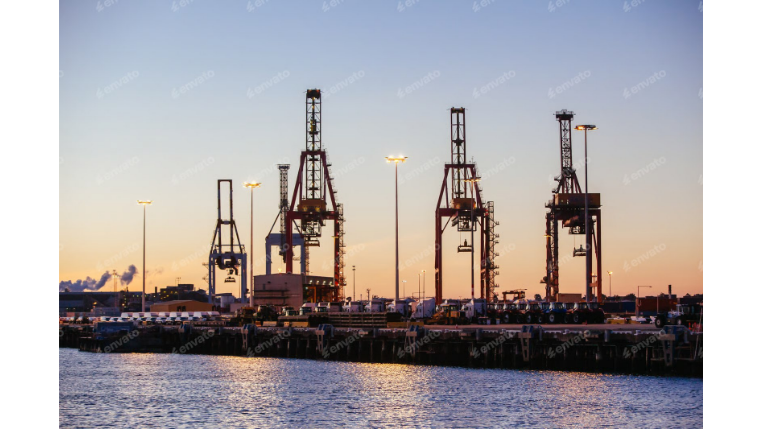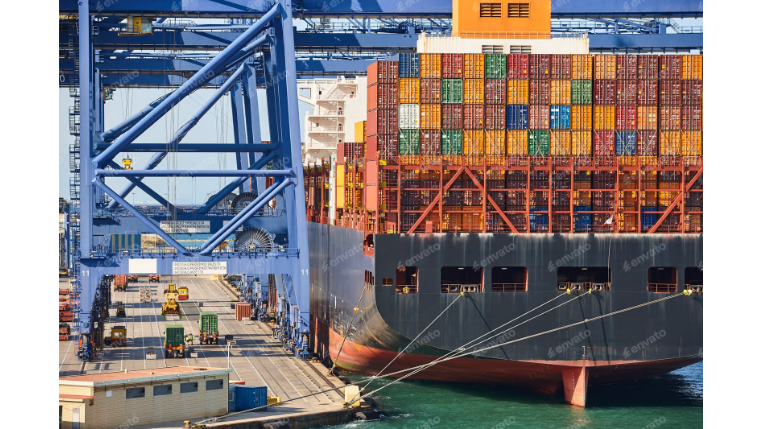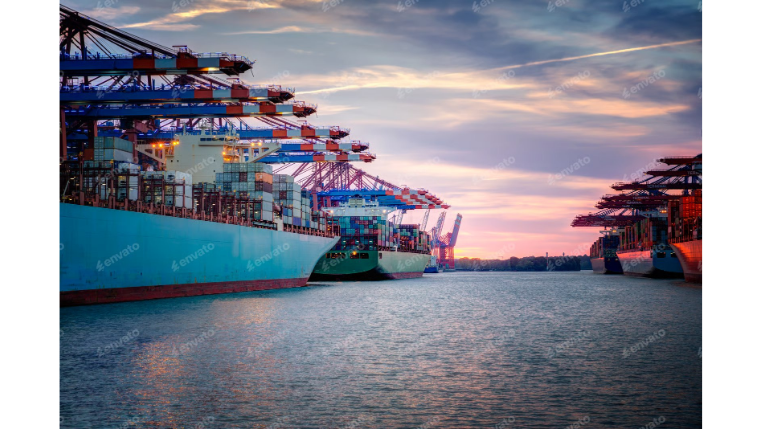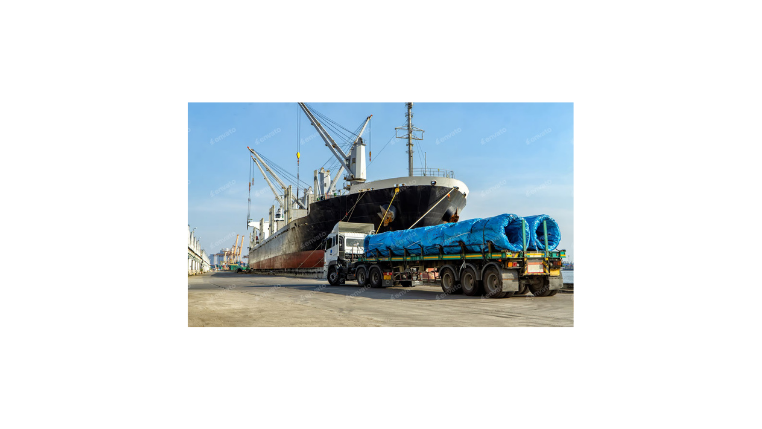What is 4PL Logistics?
4PL logistics, also known as fourth-party logistics, is a supply chain management strategy where a company outsources its logistics operations to a specialized provider. This provider, known as the 4PL provider, takes on the responsibility of managing and optimizing the entire supply chain network.
Unlike traditional logistics models where companies manage their own transportation, warehousing, and distribution activities, 4PL logistics involves the integration of multiple logistics service providers. The 4PL provider acts as the central point of contact, coordinating and overseeing the activities of these service providers to ensure seamless operations.
The goal of 4PL logistics is to enhance supply chain efficiency and effectiveness by leveraging the expertise and capabilities of the 4PL provider. By outsourcing logistics operations to a specialized entity, companies can focus on their core competencies while benefiting from the 4PL provider's industry knowledge, technology, and network.
The Role of a 4PL Provider
A 4PL provider plays a crucial role in managing and optimizing the supply chain network. Their responsibilities include:
- Network design and optimization: The 4PL provider analyzes the existing supply chain network and identifies areas for improvement. They design an optimized network that minimizes costs, reduces lead times, and enhances overall performance.
- Vendor and carrier management: The 4PL provider selects and manages vendors and carriers on behalf of the company. They negotiate contracts, monitor performance, and ensure compliance with service level agreements.
- Technology integration: The 4PL provider leverages advanced technologies, such as transportation management systems and warehouse management systems, to streamline operations and provide real-time visibility into the supply chain.
- Risk management: The 4PL provider assesses and mitigates risks associated with the supply chain, such as disruptions, compliance issues, and security threats. They develop contingency plans and implement risk mitigation strategies.
- Performance measurement and reporting: The 4PL provider tracks key performance indicators (KPIs) and generates reports to evaluate the performance of the supply chain. They identify areas of improvement and implement corrective actions.
By taking on these responsibilities, a 4PL provider enables companies to optimize their supply chain operations, reduce costs, and enhance customer satisfaction.
Benefits of Implementing 4PL Logistics
Implementing 4PL logistics can bring several benefits to companies. Some of the key benefits include:
- Enhanced efficiency: By outsourcing logistics operations to a specialized provider, companies can leverage their expertise and technology to streamline processes and improve efficiency.
- Cost savings: 4PL providers have extensive networks and bargaining power with vendors and carriers, allowing them to negotiate favorable rates and terms. This can result in cost savings for companies.
- Improved visibility: 4PL logistics involves the use of advanced technologies that provide real-time visibility into the supply chain. This enables companies to track shipments, monitor inventory levels, and identify potential issues proactively.
- Focus on core competencies: By entrusting logistics operations to a 4PL provider, companies can focus on their core competencies and strategic initiatives. This can lead to increased competitiveness and business growth.
- Scalability and flexibility: 4PL providers have the resources and expertise to scale up or down the supply chain operations based on business needs. They can adapt to changing market conditions and support companies' growth strategies.
By capitalizing on these benefits, companies can optimize their supply chain operations and gain a competitive edge in the market.
Key Considerations for Choosing a 4PL Provider
When selecting a 4PL provider, companies should consider several factors to ensure a successful partnership. Some key considerations include:
- Expertise and industry knowledge: The 4PL provider should have deep expertise in the industry and a thorough understanding of the company's specific logistics requirements. They should be able to offer tailored solutions that align with the company's goals.
- Technology capabilities: It is essential to assess the 4PL provider's technological capabilities. They should have advanced systems and tools that enable seamless integration, real-time visibility, and data analytics.
- Network and resources: The 4PL provider should have a robust network of vendors, carriers, and distribution centers. They should have the resources and infrastructure to support the company's operations effectively.
- Track record and reputation: Companies should evaluate the 4PL provider's track record and reputation in the industry. They should seek references and customer testimonials to gauge the provider's reliability and performance.
- Scalability and flexibility: The 4PL provider should be able to scale up or down the operations based on the company's evolving needs. They should have the flexibility to adapt to changing market conditions and support business growth.
By considering these factors, companies can make an informed decision and select a 4PL provider that aligns with their business goals and requirements.
Future Trends in 4PL Logistics
The field of 4PL logistics is constantly evolving, driven by advancements in technology and changing market dynamics. Some future trends in 4PL logistics include:
- Adoption of artificial intelligence (AI) and machine learning: AI and machine learning technologies will play a crucial role in optimizing supply chain operations. These technologies can analyze vast amounts of data, identify patterns, and make accurate predictions to improve decision-making and enhance efficiency.
- Internet of Things (IoT) integration: IoT devices and sensors will be integrated into the supply chain network, providing real-time data on inventory levels, equipment performance, and shipment conditions. This will enable better tracking, monitoring, and control of the supply chain.
- Blockchain implementation: Blockchain technology will enhance transparency and trust in the supply chain by providing an immutable and decentralized ledger of transactions. It can improve traceability, reduce fraud, and enable secure and efficient transactions between supply chain partners.
- Sustainability and green logistics: With increasing environmental concerns, sustainability will become a key focus in 4PL logistics. Companies will strive to reduce carbon emissions, optimize transportation routes, and adopt eco-friendly practices to minimize their environmental impact.
- Data analytics and predictive analytics: The use of data analytics and predictive analytics will become more prevalent in 4PL logistics. Companies will leverage data to gain actionable insights, optimize operations, and make informed decisions.
By staying abreast of these future trends, companies can prepare themselves to embrace the changes and leverage them for competitive advantage.










